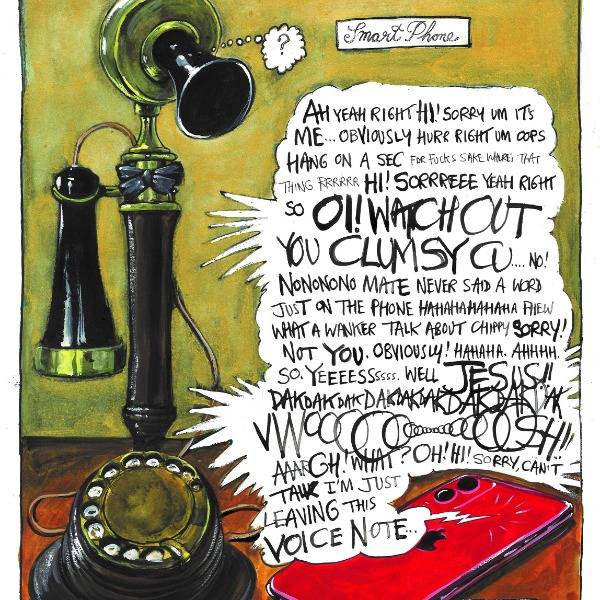This is a response to Owen Hatherley's piece "Sphere of influence" from the May/June 2009 issue of New Humanist.
Owen Hatherley might be surprised - maybe even disappointed, in the classic style of the person who tries to pick a fight and finds his opponent won't stand up - that actually I agree with almost everything he says. I'd only want to add four points:
Least importantly and most self-regardingly – if I were really as filled with "deep suspicion of new media" as he suggests I would surely spend less of my time than I do reading blogs, and would not have placed substantial parts of my own recent writing in online-only form, notably on Opendemocracy.net.
A bit more important is the increasingly archaic hierarchy of cultural capital investments and returns which still operates, whereby online writing is given low value by major institutions. The example which most impresses me, since I work in academia, is naturally the academic world. There, online publications are barely if at all acknowledged when research productivity is assessed, or tenure or promotion decisions made. Indeed much anecdotal evidence suggests that university teachers who blog are regarded with great suspicion or disdain by many of their colleagues and superiors.
For blogging to be as open, two-way etc. as Hatherley says it can and should be (and he rather slides toward affirming that it already is) then the people who run blogs must be less inclined to "censor" critical responses than many now are - I've had some annoying experiences on that front, as has almost everyone I've asked.
Much more worrying is that so far the blogosphere does not just reproduce, but intensifies, global inequalities of media access. How many blogs are hosted anywhere in Africa (except South Africa)? I've seen it claimed that there are more Websites based in the small city of Ventura, California than in the whole of Africa outside SA - though it seems impossible to get reliable data. How many are run by, say, Aboriginal Australians, Indian Dalits, Polish farmers or Brazilian peasants? This is in a sense a cheap and easy point to score - but it is nonetheless deeply worrying that so far, the wretched of the earth may well find it even harder to get a readership online than in print.

